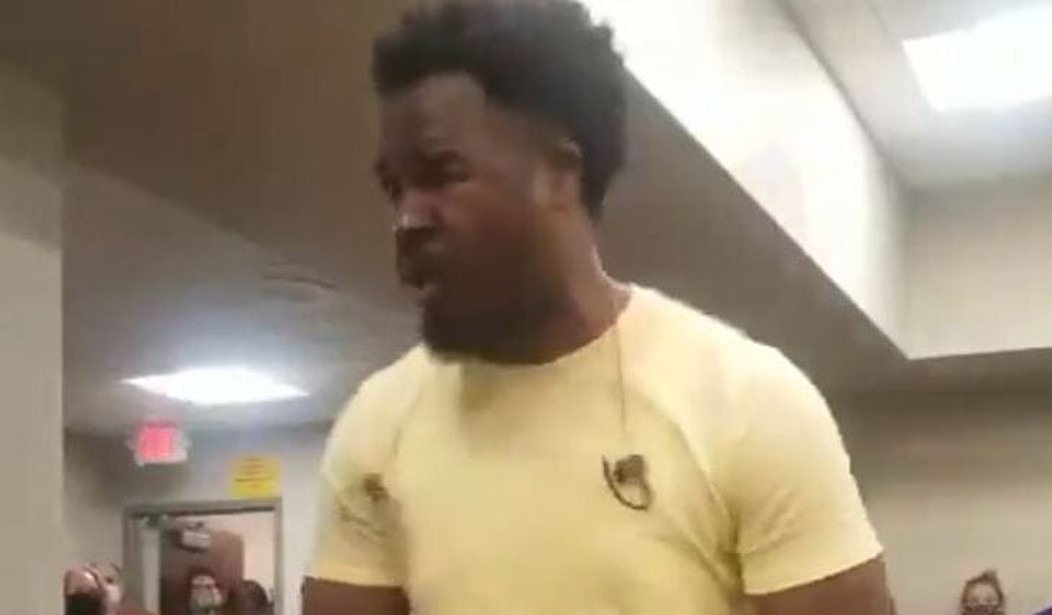I mentioned on Wednesday that a lot of oxygen is being wasted on Critical Race Theory, as both sides find it easier to discuss racism than discuss the actual issues facing children of color in our schools. Once again, we’re really just taking the easy way out instead of actually focusing on finding solutions that will benefit our children.
However, one of the most miraculous things about the CRT fight is how the people who are instinctively pro-CRT despite having never read it or the bills banning it (some of those bills I have issues with) act as though students have never really been taught history prior to CRT being introduced in schools until fairly recently.
Case in point: Robert Reich, allegedly a professor, tweeted this about the Juneteenth holiday.
So let me get this straight: Juneteenth is now a federal holiday, but laws are being enacted all across the country to keep people from learning about it?
— Robert Reich (@RBReich) June 17, 2021
Reich is clearly a man who has spent some time in institutions of learning. If he is a professor, then it stands to reason that he was taught history in K-12 social studies classes and had to take a few history courses in college. Surely, in those roughly 17 years (minimum) in various schools, he was taught about the freeing of the slaves during the Civil War and what Juneteenth is all about. It’s not as though CRT introduced that information to schools for the first time.
Nor is it as though states like Florida and Texas have banned teaching about the slave trade, slavery, the Civil War, and every other problematic race issue in American history. In fact, those bills require those topics to be part of the history instruction of students in K-12 schools.
So, what on earth is Reich talking about?
Banning Critical Race Theory is the banning of reinforcing the idea that everyone is born into and exists within a race-based class their entire lives. CRT forces you to live your entire life seeing things through a particular racial lens simply because of who you are and how you were born, and most of the bills are drafted with the idea that students have so much more potential than what the pre-defined social structures discussed in CRT limit them to.
In Louisiana, for example, the state’s high school U.S. history standards specifically address teaching about the conflicts with and treatment of Native Americans as the U.S. completed its westward expansion, the rise of the Jim Crow South and the KKK and how it affected black Americans, and the treatment of immigrants who came to the U.S. as well as those we banned with xenophobic rhetoric. Curricula are adopted that expressly address these issues and teachers are given enough freedom and time in each unit to address them in more detail. It all existed before the anti-CRT bill in our state legislature was drafted (and ultimately failed).
History isn’t something that is just whitewashed to please people. It is a very ugly study that forces students to tackle the issue of our struggles with race and racial equality. There are some bad curricula out there, some bad teachers, and some districts that don’t have the right focus, but for decades, American students have been confronted with the issues of race in American history. Critical Race Theory didn’t just suddenly introduce it. It’s always been there.
And that is something the CRT proponents ignore. They aren’t introducing “problematic” learning to kids who have been blind to these issues. That learning has been part of the system for decades already and it isn’t going to stop just because state legislatures are opposed to a legal theory that has been expanded to include education and sociological study.
But, that truth is inconvenient, I suppose.














